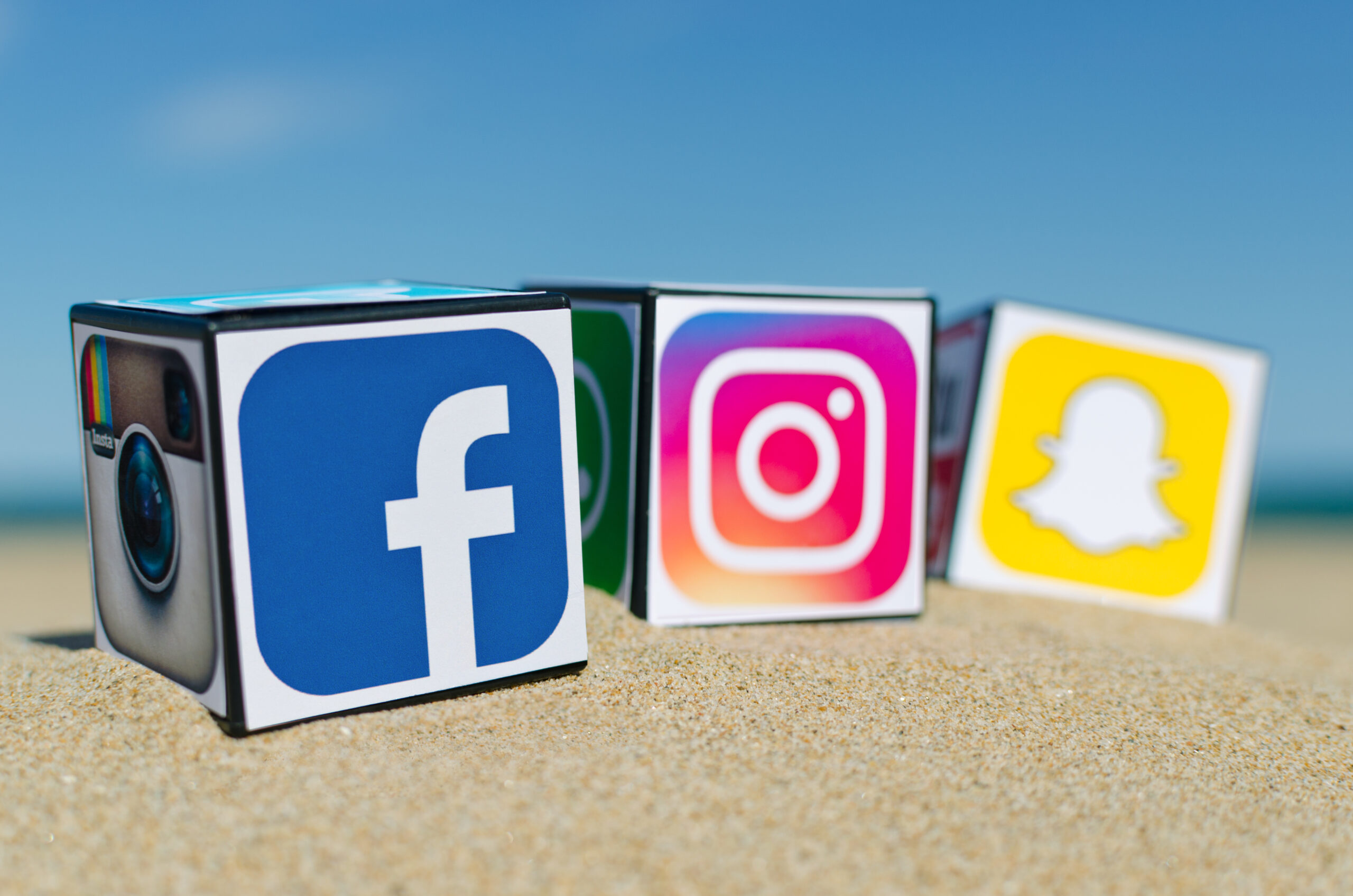
Snap had a nice 17% revenue bump in Q2, fueled by the stay-at-home orders during the Covid-19 outbreak.
Despite this, they are tempering expectations for continued growth in Q3. Their caution is something that is likely to be reflected across all platforms as the Coronavirus drags on.
Snap’s Declining Uptick
Snap was already showing growth prior to Covid.
It beat estimates in Q2, with a 17% year over year growth in revenue.
Q3 also had a very bullish start in daily active users initially, but the number dropped as society reopened. Based on their commentary, it also sounds as though the type of decline observed wasn’t anticipated.
“This initial lift dissipated faster than we anticipated.” – Derek Anderson, Snap CFO
Projected DAUs in Q3
This decline has led to Snap’s caution about expected daily active user (DAU) growth for third quarter. They are projecting a DAU increase to somewhere between 242m to 244m.
Considering in Q2 they were at 238m DAUs, this is a noticeably slower growth rate prediction.
However, there are two sides to the coin for social apps: the daily active user number, and then the ad revenue. They two metrics are what tell the story, since flat DAU numbers that still provide great return can mean an increase in advertising demand.
Projected Ad Revenue for Q3
There are a lot of unknowns heading into Q3, and that’s true for every platform. Seasonal events that retailers rely on are completely disrupted, such as football season and back to school.
The economy and unemployment rates are also still a huge question mark, which can mean tightening purse strings from consumers.
“At this point in time it is difficult to predict how these factors will impact advertising demand in the remainder of Q3.” – Snap CFO
Overall, Snap has done well in advertiser growth, showing its highest number of active advertisers ever in Q3. Direct response has been thriving, and updates to the platform have appeased many brands.
The fly in the ointment is the advertiser activity wasn’t consistent. Inventory issues and pausing creative to adapt to the changing emotions around Covid created a lot of stop-and-start.
The Facebook Factor
Whether the Facebook boycott means dollars could be earmarked for Snap is also a factor that wasn’t counted for.
Facebook’s Q2 earnings will not be announced until July 29th, but some projections are claiming losses in ad revenue exceeding 20% since the end of June.
As of yesterday, 435 brands had pulled their spend, though not all have officially tied it to the boycott. Disney was among them, after spending $210m on Facebook in the previous six months for the launch of Disney+.
Bloomberg also recently reported that blocking political ads for the 2020 election is not off the table, a move that would a further dent in their ad revenue.
Will the money be reallocated to Snap, or other platforms?
Only time will tell. Needless to say, anticipation for the Q3 Facebook results are high. It will tell the tale of how the boycott is affecting them, after competition heated back up in the end of may, driving ad prices higher than pre-pandemic costs in some sectors.






